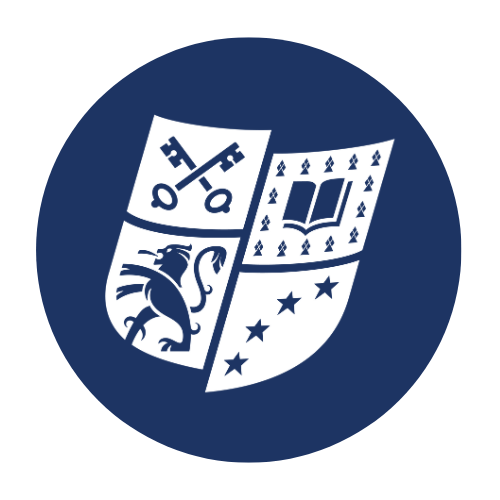
RETHINKING NETWORKS IN TIMES OF TRANSITION : ECOLOGICAL, ENERGY AND SOCIAL ISSUES
Programme
Wednesday October 9th 2024 RS 251
09h00 – 09h30 : Welcome Session
9h30 – 10h30 : KEYNOTE Olivier Coutard (CNRS, LATTS, Paris What infrastructures for the XXIst century? Networked infrastructures past and present, changing metabolisms and resourceful futures; Chair : Laure Dobigny
10h30-10h45 : Coffee break
10h45- 12h00 : Futures of Energy Networks Session chairs : Benoît Robyns, Hervé Barry
Consuming green electricity – for which energy transition? On a controversy about electricity tracking systems. Pierre-Yves Galzi, École des hautes études en sciences sociales (EHESS), Paris
Electricity transmission networks, the keystone of neo-electrification at the crossroads of multiple issues: nuclear power generation and conflictualisation of European and French energy policies. Lucas Lopez, Université Bordeaux Montaigne (UBM)
Transitions challenged by the current networks of power: Insights from the development of green hydrogen. Jonas Pigeon, ENGIE Lab CRIGEN
12h00-13h30 : Lunch
13h30-14h45 : Energy Network Alternatives Session chairs : Laure Dobigny, Dhaker Abbes
The characteristics and role of user networks in the appropriation of complex self-built technology: case-study of locally manufactured wind turbines in France. Baptiste Beguinet, Ampère, INSA Lyon
Awareness of collective self-consumption at university community. Hanene Bettaieb, Adrien Bossu, Benoit Durillon, Hervé Barry, Arnaud Davigny, Christophe Saudemont, Junia-L2EP, FGES-LITL
Collective self-consumption and local limits: a sociotechnical approach to energy sufficiency. Jessica Zaphiropoulo, Laboratoire de sciences sociales (PACTE), Université Grenoble Alpes, Institut d’Études Politiques [IEP]
14h45-15h00 : Coffee break
15h00-16h15 : Energy Networks and Practices in Change Session chairs : Margot Gaetani-Liseo, Martin Somabe
Collaborative energy management: A novel methodology to reduce both energy price and environmental impact of an energy community. Adrien Bossu, Benoit Durillon, Arnaud Davigny, Hervé Barry, Benoît Robyns, Fateh Belaïd, Christophe Saudemont, Junia-L2EP, FGES-LITL, FGES-LEM
The new politics of energy production. The reshaping of energy workers, energy communities and prosumers’ political relations. Margot Verdier, School of Political Sciences Aristotle University Thessaloniki Greece
Community energy management based on users’ preferences. Amira Dhorbani, Dhaker Abbes, Kahina Hassam Ouari, Benoit Robyns, L2EP, JUNIA
16h15-16h30 : Coffee break
16h30-17h30 : Round Table: Cross-research in Humanities and Social Sciences and Engineering Science: How, What Obstacles, What Challenges ?
Speakers : Olivier Coutard (CNRS, LATTS, Paris), Christelle Didier (CIREL, Université de Lille), Benoit Durillon (JUNIA) & Hugo Helbling (AMPERE, Université Claude Bernard Lyon 1).NChair: Laure Dobigny (ETHICS EA 7446, Université Catholique de Lille)
17h30 : Official opening conference: joint conference with the ECOPOSS congress
Thursday October 10th 2024 RS 251
9h00 – 10h00 : KEYNOTE Bernadette Bensaude-Vincent (Université Paris 1) & Gabriel Dorthe (ETH Zurich). Between climate denialists and climate activists: Shall we deplore the public distrust in science ? Chair : Laure Dobigny
10h00 – 11h15 : Controversy Networks: Several Transitions at Work Session chairs : Gabriel Dorthe, Laure Dobigny
Power, Value Judgements and Practice in Stakeholder Relations: an Examination of the Local Community Stakeholder and the Social License to Operate of “Fracking” in the East Midlands of the UK. Matthew O’meara Wallis, Nottingham Trent University
Understanding the role of social media in the climate crisis: A discourse study of environmental conversations in France (2017-2022). Wagener Albin, Université catholique de Lille, ESSLIL
Is questioning the size of the power grid relevant ? Jonathan Coignard, Jane Marchand, Clémence André, Florentin Salomez, Frédéric Wurtz, Olga Rouchouze, Univ. Grenoble-Alpes, CNRS, Grenoble INP, G2Elab
11h15 – 11h30 : Coffee break
11h30- 12h45 : Environmental Perceptions and Practices. Session chairs : Hervé Barry, Sébastien Carcelle
Exploring the Emotional Dimensions of Sustainable Consumption. Cristina Longo, Ishan Jalan, ULille LUMEN, Nottingham Business School
From a climate-centric to a vivo-centric vision: a necessary paradigm shift for a transition to strong sustainability? Alice Fouillouze, Université catholique de Lille
From environmental regulations to the reinvention of an ecology of ‘non-standard’ experimentation in architecture? Hector Docarragal Montero, École nationale supérieure d’architecture de Paris-La Villette, École nationale supérieure d’architecture et du paysage de Bordeaux
12h45 – 14h00 : Lunch
14h00 – 15h00 : KEYNOTE Rossano Bolpagni (CNR Italy and University of Parma) Climate crisis, invasive species and biodiversity collapse in inland waters: issues, challenges and opportunities for macrophytes. Chair : Kevin Cianfaglione
15h00 -16h15: Human and his Environment. Session chairs : Florian Kletty, Kevin Cianfaglione
Logistic networks for organic matter and water in cities. Tanguy Fardet, Laboratoire Eau Environnement et Systèmes Urbains (LEESU), École des Ponts ParisTech (ENPC)
Urban interstices: small spaces with big issues. Sadia Benamrouz, Agathe Douchet, Benoît Vanhée, Pascal Deville, Philippe Julve , Kevin Cianfaglione, Sophie Machelart, Laëtitia Devigne, Florian Kletty , Cédric Devigne, LITL-FGES-ICL
Fences. The Economics of Connectivity in Spatial Renewables. Simon Jean, Centre International de Recherche sur l’Environnement et le Développement, Université Paris-Saclay
16h15 – 16h30 : Coffee break
16h30-18h10 Parallel Sessions: Robert Schuman Building, amphitheatre RS 251 & RS 514
Social networks and ecological crisis in a globalised world (RS 514) Session chairs : Hervé Barry, Benoît Robyns
The Ecological Art of Networking in the Brazilian Rural Social Movements. Sébastien Carcelle, Acteurs, Ressources et Territoires dans le Développement (UMR ART-Dev)
Networks and ecological transition. Socio-pragmatic analyses of the cooperation and resistance for the climate change. Kokou Kouzouahin Somabe, Mohamed Nachi (LITL-GGES-ICL), Observer les mondes en recomposition (OMER) Liège Belgique.
Karl Marx’s Hypothetical Perspective on the XXI Century Digi-Sustainable Platform Economy and New Green Growth Era. Fatma Güneri, Josiane GNASSOU, LIDD Ecole de Design, Université Catholique de Lille
Environmental, energy and social issues during the ecological transition. Jean Pierre Bulambo Milenge, Université Catholique La Sapientia de Goma (UCS Goma)
Anthropic Activities and Biodiversity (RS 251) Session chairs : Agathe Douchet, Sadia Benamrouz-Vanneste
Agricultural production, biodiversity enhancement and human well-being: link their issues to get them all. Florian KLETTY, ICL, Université Catholique de Lille, LITL
Springtails in agroforestry. Benoît Vanhée, LITL-FGES-ICL
Impact of agroecological practices on carabid communities. Florian Kletty, Pascal Deville, Benoît Vanhée, Sophie Machelart, Cédric Devigne, Sadia Benamrouz, ICL, Université Catholique de Lille, LITL
Conifers reforestation: an environmental problem or a possible resource? Kevin Cianfaglione, ICL, Université Catholique de Lille, LITL
Evening : Gala (optional)
Friday October 11th 2024 RS 251
9h – 10h: KEYNOTE
Emmanuel D. Delocado (Ateneo de Manila University, the Philippines)
Socio-ecological Transitions at the Ateneo de Manila University: Using a Whole-of-society Approach for Education for Sustainable Development
Chair : Benoît Robyns
10h00-10h15: Coffee break
10h15-11h55 : Networks of Universities in Transition
Session chairs: Benoit Durillon, Hugo Helbling
Research for energetical and societal Transition. Experience of the Live TREE program, Benoît Robyns, L2EP, JUNIA, Université Catholique de Lille
Better together? Exploring what can be achieved through real-world examples of innovative knowledge exchange networks between SMEs and Universities. Richard Bull, Muhammad Mazhar, Ana Rita Domingues, Gamze Yakar-Pritchard, Nottingham Trent University, University of Leeds, University of Nottingham
What inclusion in sustainable campuses? A comparative study of 4 smart university buildings in Lille, France. Laure Dobigny, Audran Aulanier, Mathilde Szuba, Hervé Barry, Margaux D’Hont, ETHICS EA 7446, LITL, Université Catholique de Lille, CERAPS, Sciences Po Lille
Socio-ecological analysis of the impact of the university climate agreement. What prospects for UCL’s transition ? Kokou Kouzouahin Somabe, Benoît Robyns, Hervé Barry, LITL-FGES-ICL, L2EP-JUNIA
12h00-13h00 Round Table : What Roles and Networks for Universities in the Energy and Societal Transition ?
Speakers : Richard Bull (Nottingham Trent University), Emmanuel D. Delocado (Ateneo de Manila University), Anne-Sophie Loison (LiDD, Université Catholique de Lille) & Mathilde Szuba (Sciences Po Lille)
Chair : Benoît Robyns (L2EP, JUNIA, Université Catholique de Lille)
13h00-14h00 : Lunch
Résumé des communications
Communication – BENSAUDE & DORTHE
Correspondant scientifique
Benoît Robyns, directeur adjoint de la recherche à Junia, vice-président Transition énergétique et sociétale de l’Université catholique de Lille et chercheur au L2EP
Laure Dobigny, ETHICS
Comité Scientifique
Benoît Robyns (Université Catholique de Lille, Junia, L2EP), co-chair
• Laure Dobigny (Université Catholique de Lille, ETHICS), cochair
• Loïc Berger (IESEG, LEM)
• Sébastien Carcelle (Université Catholique de Lille, Humanités)
• Sadia Benamrouz Vanneste (Université Catholique de Lille, FGES, LITL)
• Lamine Chalal (ICAM)
• Allal Saadane (ICAM)
• Dhaker Abbes (Junia, L2EP)
• Benoit Durillon (Junia, L2EP)
• Hervé Barry (Université Catholique de Lille, FGES, LITL),
• Martin Somabe (Université Catholique de Lille, FGES, LITL),
• Kevin Cianfaglione (Université Catholique de Lille, FGES LITL)
• Florian Kletty (Université Catholique de Lille, FGES LITL)
• Benoit Vanhee (Université Catholique de Lille, FGES LITL)
• Benoit Bourel (Université Catholique de Lille)
• Chems Hacini (Université Catholique de Lille, ETHICS)
• Audran Aulanier (Université Catholique de Lille, ETHICS)
• Margo Gaetani-Liséo (Université Claude Bernard Lyon 1, Ampère)
• Hugo Helbling (Université Claude Bernard Lyon 1, Ampère)
• Gabriel Dorthe (ETH Zurich, Suisse)
• Thorsten Chmura (Nottingham Trent University)
• Lindsay Walker (Humber College, Toronto, Canada)
• Emmanuel D. Delocado (University of Ateneo, Manille, Philippine)
• Roula Abi Habib Khoury (Université Saint-Joseph de Beyrouth)
• Jean-Pierre Bulambo Milenge (Université Catholique la Sapientia de Goma)
Partenaires internationaux
Gabriel Dorthe (ETH Zurich, Suisse)
• Thorsten Chmura (Nottingham Trent University)
• Lindsay Walker (Humber College, Toronto, Canada)
• Emmanuel D. Delocado (University of Ateneo, Manille, Philippine)
• Roula Abi Habib Khoury (Université Saint-Joseph de Beyrouth)
• Jean-Pierre Bulambo Milenge (Université Catholique la Sapientia de Goma)
Focus Keynotes
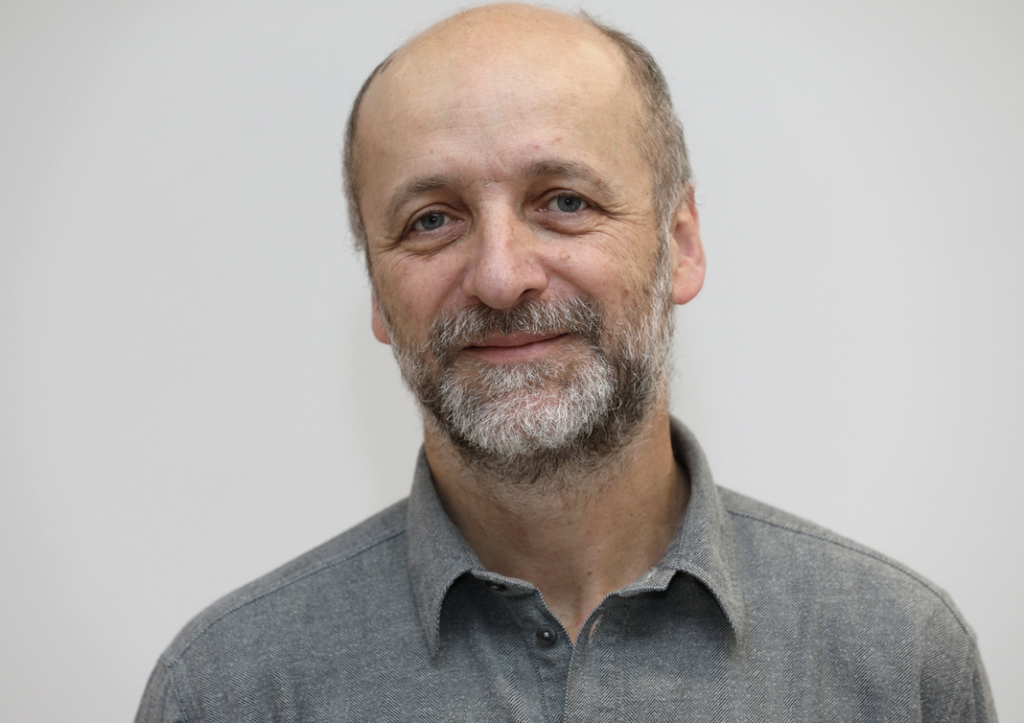
Olivier Coutard is a socio-economist and CNRS research professor at LATTS (https://latts.fr/). His current research addresses: (1) urban energy (and “energy transition”) policies in Europe; (2) the critique of large networked systems, the development of “alternative” technologies, and the politics of the “post-networked city”; and (3) the interrelations between infrastructural development, the intensity of metabolization processes, and the configuration of social futures. He has been President of the CNRS Scientific Council since the end of 2023.
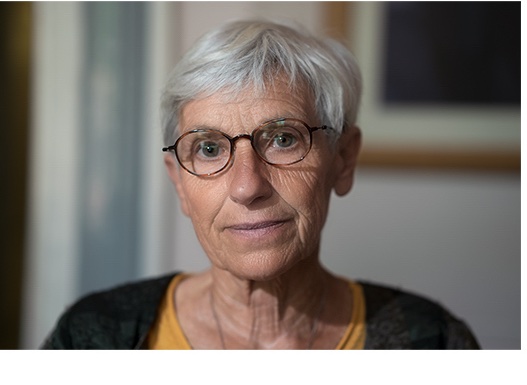
Bernadette Bensaude-Vincent is a philosopher and historian of science, emeritus professor at Université Paris I Panthéon-Sorbonne and a member of the French Académie des technologies. Her research topics span from the history and philosophy of chemistry to materials science and nanotechnology with a continuous interest in science and the public issues.
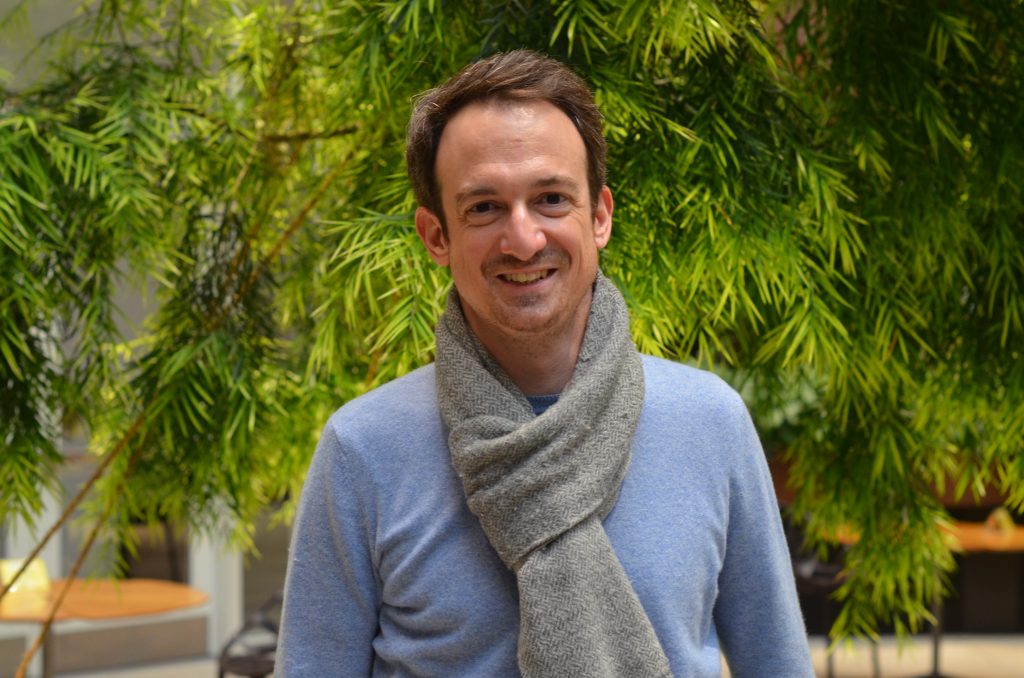
Gabriel Dorthe is a senior scientific assistant at ETH Zürich, where he researches and teaches on technoscientific controversies and (dis)trust in science. He holds a PhD in philosophy and in environmental humanities. He is also an associate researcher with the ETHICS Lab of the Université Catholique de Lille.
Bernadette and Gabriel published “Les Sciences dans la mêlée. Pour une culture de la défiance” (Seuil, 2023).
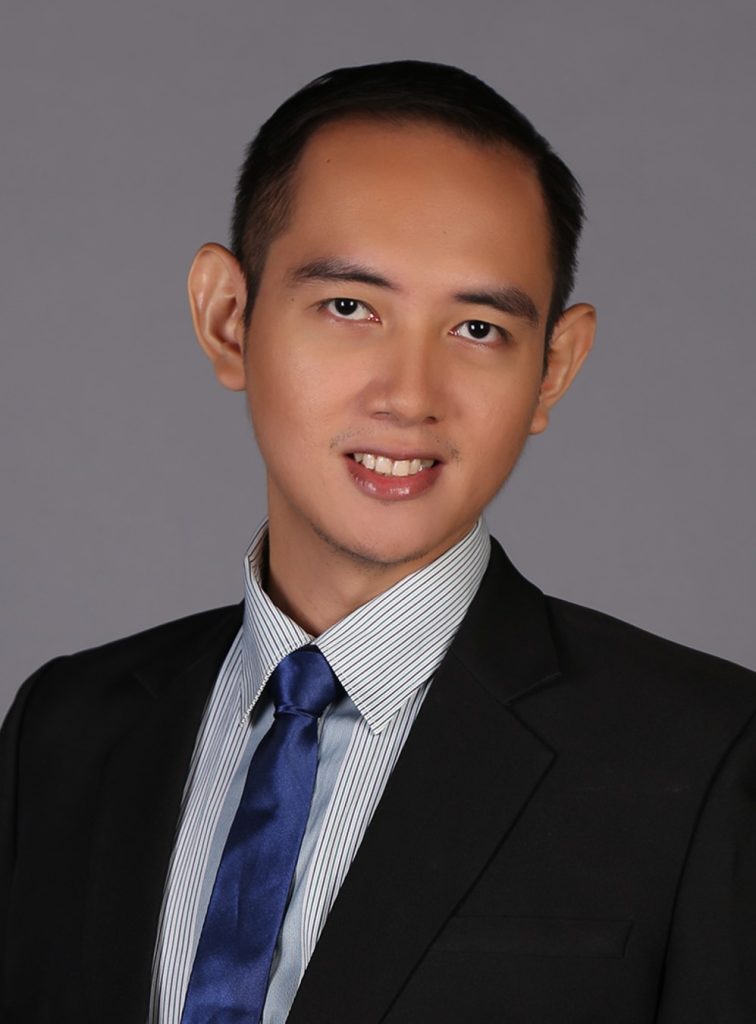
Dr. Emmanuel D. Delocado is the Director of the Ateneo Institute of Sustainability whose vision is to build a culture of sustainability, resilience, and integral ecology within and beyond the Ateneo de Manila University in the Philippines. Concurrently, he serves as the Executive Director of ASEAN University Network on Ecological Education and Culture (AUN-EEC), a vast network of universities from nine countries in the region which engages the youth on climate justice and environmental education. He also serves as the Country Manager of Sustainable Development Solutions Network Philippines (SDSN PH), a network which mobilizes scientific and technological expertise in pursuit of their mission to promote practical solutions for sustainable development. For his key role in furthering the SDGs especially Life Below Water in Southeast Asia, his work was recognized by the Systematics Association based at the Natural History Museum in London and by the Hitachi Foundation.
Additionally, Emmanuel is an Assistant Professor at the Department of Biology and the Laboratory Head of the Ateneo Biodiversity Research Laboratory. He specializes in freshwater biodiversity and insect systematics, and his research interests include biodiversity conservation and education for sustainable development. He received his bachelor’s degree and his PhD in Biology from the Ateneo de Manila University. He also is the Managing Editor of the Philippine Journal for Systematic Biology.
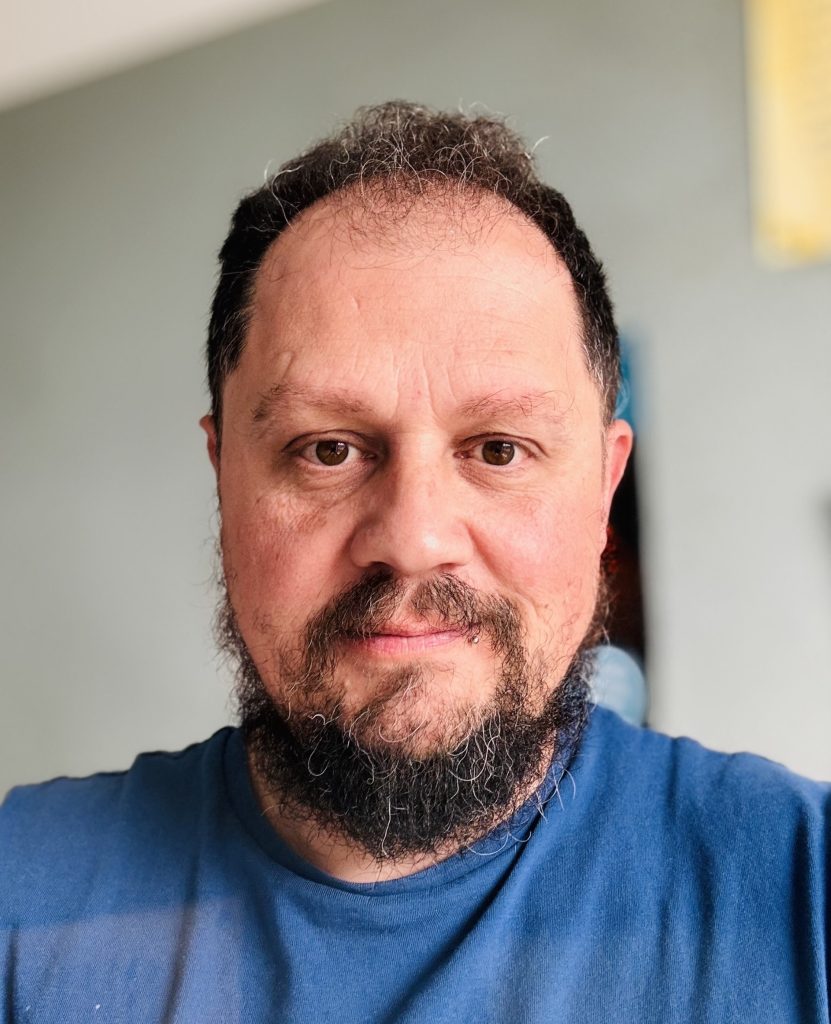
Rossano Bolpagni is an aquatic ecologist at the University of Parma (IT) with active interests in freshwater macrophytes (aquatic plants and non-vascular primary producers). His research has mainly focused on multidimensional patterns of macrophytes, such as the analysis of environmental and anthropogenic drivers of aquatic plant species and habitats. In addition, he has studied biological invasion phenomena and elaborated the exocene paradigm, with a focus on the functional characterization of invasive macrophytes and the development of biodiversity recovery programs. Rossano has published more than 100 scientific papers as author and co-author, coordinating the national working group on macrophytes of the Italian Society of Ecology for 10 years (for more information : https://www.researchgate.net/profile/Rossano-Bolpagni.)
